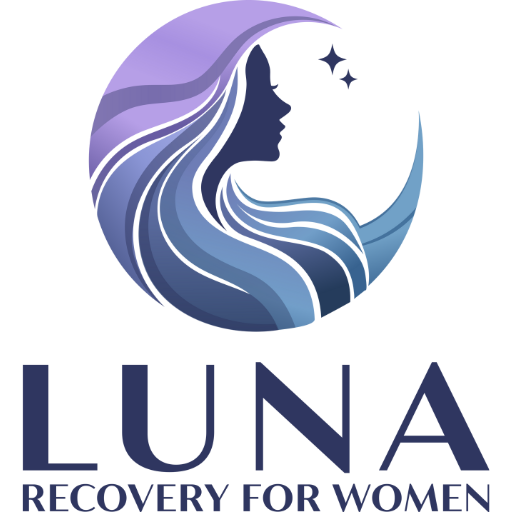Recovering from addiction is a deeply personal and often difficult journey—one that involves healing, rediscovery, and rebuilding one’s life. While individual therapy offers essential support, group therapy brings its own powerful advantages that can significantly enrich the recovery experience. In a group setting, individuals share their stories, support one another, and build a sense of community—creating a space where transformation can truly take root.
Below, we explore nine compelling reasons why group therapy is a valuable component of addiction recovery.
9 Ways Group Therapy Helps Addiction Recovery

1. Fostering Connection Through Shared Experiences
Addiction can leave individuals feeling isolated and misunderstood. Group therapy addresses this by connecting people who have faced similar struggles. Listening to others’ stories and sharing your own fosters strong emotional bonds and reminds participants they are not alone. This sense of connection and mutual understanding is a crucial part of the healing process.
2. Encouraging Honest Self-Reflection
Hearing others discuss their personal journeys often leads to powerful moments of self-awareness. In a group setting, individuals may recognize patterns in others that mirror their own experiences. This reflection can prompt deeper insight into personal behaviors and emotions, making group therapy a valuable mirror for self-exploration and growth.
3. Building a Reliable Support Network
Not everyone in recovery has a strong personal support system. Group therapy provides an instant community of people who understand the ups and downs of addiction. Members offer each other empathy, encouragement, and practical advice. For many, these connections evolve into lasting friendships and ongoing sources of support. Organizations like Alcoholics Anonymous (AA) and Narcotics Anonymous (NA) are excellent examples of this kind of peer network.
4. Developing Communication Skills
People in recovery often struggle with expressing emotions or communicating clearly. Group therapy offers a safe space to practice these vital skills. Participants learn how to share openly, listen actively, and provide constructive feedback—skills that not only aid in recovery but also enhance relationships in daily life.
5. Instilling Accountability
Accountability is a critical component of lasting recovery. In group therapy, regular meetings and shared progress reports create a sense of responsibility. Members are motivated to stay on track, knowing others are rooting for their success. This mutual investment reinforces commitment to recovery goals, especially during difficult moments.
6. Offering Diverse Perspectives and Solutions
Addiction affects individuals from all backgrounds. Group therapy brings together people with diverse life experiences and coping strategies. This variety introduces participants to new perspectives and practical approaches they may not encounter in individual therapy, broadening the toolkit for navigating recovery.
7. Reducing Shame and Stigma
Many individuals in recovery struggle with feelings of shame and fear of judgment. Group therapy creates a supportive and nonjudgmental space where participants can speak openly about their experiences. Witnessing others’ courage helps reduce self-stigma and encourages greater self-compassion and acceptance.
8. Boosting Self-Esteem and Confidence
Sharing successes and receiving encouragement from peers helps build self-esteem. Whether it’s overcoming a challenge or reaching a small milestone, group members celebrate each other’s victories. This consistent validation enhances confidence and reinforces the belief that recovery is not only possible—it’s sustainable.
9. Preparing for Healthy Real-World Relationships
Successful recovery involves more than abstaining from substances—it means reconnecting with others in meaningful ways. Group therapy mirrors real-life social interactions and serves as a safe space to practice setting boundaries, managing conflict, and forming healthy relationships. These skills are vital for building a fulfilling life outside of treatment.
Find Group Therapy in North Andover, MA

Group therapy serves as an invaluable complement to individual counseling and other forms of addiction treatment. It nurtures a community of healing, growth, and resilience.
If you or someone you care about is ready to explore group therapy, don’t wait.
Contact us anytime at (855) 943-0472 or info@lunarecoverycenter.com, or visit us at 1270 Turnpike St, North Andover, MA (01845).
Take the first step toward recovery today. Help is just a phone call away.
